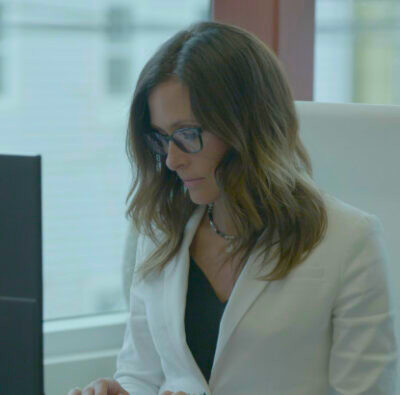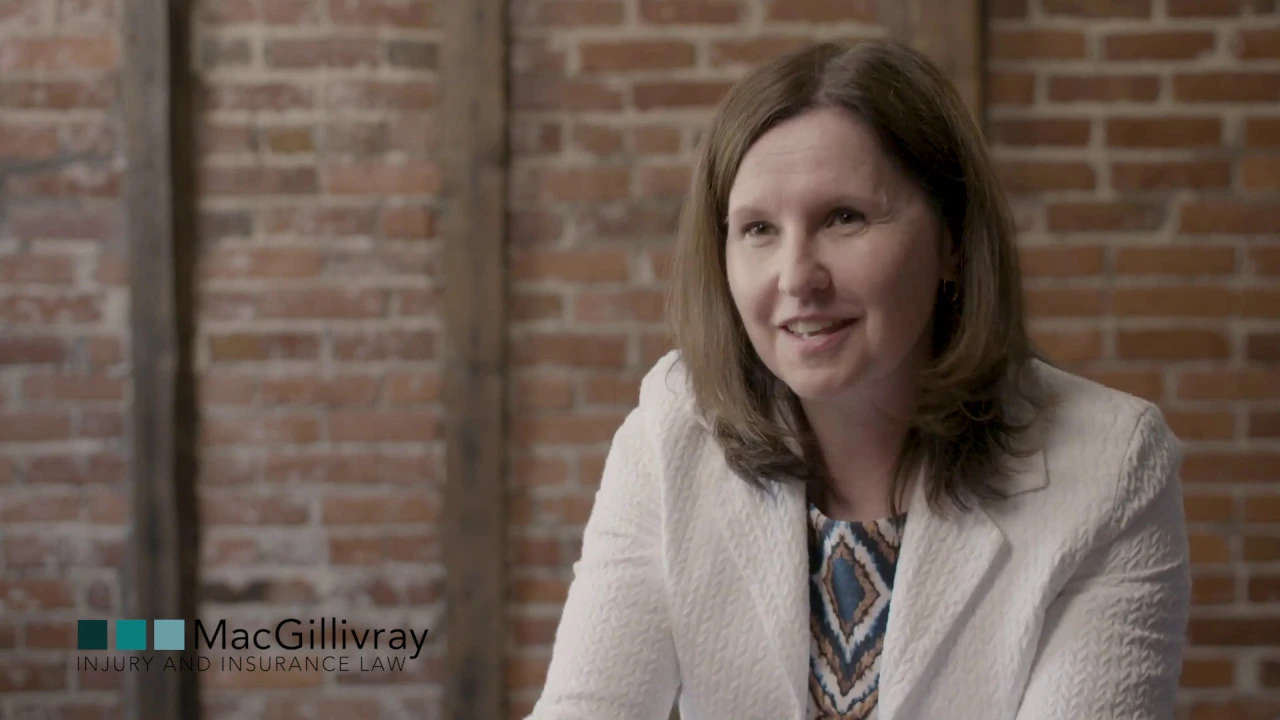A discovery hearing is an important part of the litigation process. After your lawyer files your claim, and you exchange documents, the next step is discovery. A discovery hearing is a meeting that is recorded and transcribed by a court reporter. We help you prepare for this meeting, which consists of the other side’s lawyer asking you questions. We also question the person who injured you.
A discovery hearing is less formal and more private than a trial. As the name implies, it is a chance for each side to “discover” the other’s case. Through this examination, we sometimes uncover important evidence that we can use to support your case.
A discovery hearing usually takes a day, although it can be longer depending on the number of witnesses we need to question. Our advice is to be yourself and tell the truth. You have nothing to fear, and we are by your side.
At a discovery hearing, the other side’s lawyer will ask you questions like the following:
- Simple introductory questions, such as name, birthdate, and residence
- Questions about the accident
- Employment questions
- Health and treatment questions
- Questions about your recreational and housekeeping activities
We know that preparing for your discovery may be stressful. Here are some tips to help you prepare and feel as comfortable as possible going into the hearing. And remember, your lawyer will be with you throughout the entire process and will prepare you.
- Tell the truth
- If you don’t know the answer to a question, say that. Don’t guess
- If you don’t understand a question, ask them to repeat it
- Avoid absolute terms, like ‘always’ or ‘never’
- You are entitled to take breaks, and should take one when you want or need to
- Don’t interrupt the other lawyer or talk over someone
- Answer carefully. Take as much time as you need to think about your answers
- Review any documents that your lawyer suggests you review before the discovery hearing
- Give verbal answers only (the recorder will not pick up on nods)
Have questions for our team?
Request a
Free Consultation
If you would like to learn your legal options at no obligation, contact us today to set up a free consultation.


